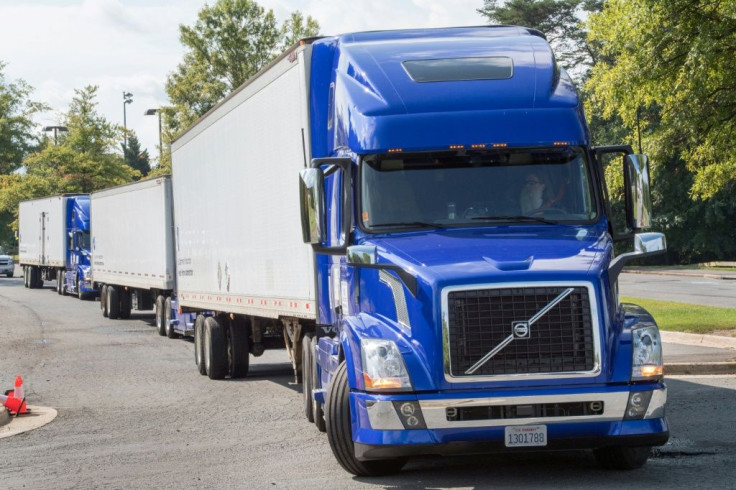Daimler, Volvo In 1.2-bn-euro Deal To Make Hydrogen Batteries: Statement
German automobile group Daimler said Tuesday it was partnering with Sweden's Volvo to make hydrogen batteries for trucks, as car giants accelerate a push to wean vehicles from fossil fuels.
The joint venture between the two, valued at 1.2 billion euros ($1.3 billion), is "a milestone in bringing fuel cell powered trucks and buses onto our roads," said Daimler Truck chairman Martin Daum.
"By forming this joint venture, we are clearly showing that we believe in hydrogen fuel cells for commercial vehicles," added Martin Lundstedt, chief executive of the Volvo group.
Hydrogen-powered electric cars, which emit nothing but water vapour, offer a longer range than electric battery-powered vehicles and are fast to refuel.
But a number of technological hurdles and a lack of refuelling infrastructure have stood in the way, leaving hydrogen engines to account for only a fraction of vehicles on the road.
Most major carmakers have focused instead on ramping up their fully electric and hybrid offerings as they scramble to meet tough new EU emissions targets to combat air pollution.
The Volvo Group, which makes Volvo trucks and busses, and Daimler have a top shareholder in common, China's Geely company owned by Chinese billionaire Li Shufu.

Geely has also owned Volvo Cars, which is separate from Volvo Group, since 2010.
In their joint statement, the Volvo Group and Daimler's truck division said teaming up would allow them to share costs and speed up the process of bringing fuel cells to market for heavy-duty vehicles.
"In the context of the current economic downturn cooperation has become even more necessary," they said, in a nod to the economic fallout of the coronavirus pandemic.
The companies said they aimed to roll out their hydrogen offers "in the second half of the decade".
Auto experts have repeatedly urged the industry not to overlook the advantages of hydrogen fuel cells.
German car parts maker Bosch last year announced it would team up with Swedish firm Powercell Sweden to develop key components for hydrogen fuel cells.
The firms said they expected to bring the first fuel cells to market by 2022, with commercial vehicles likely to be the early adopters.
By 2030, Bosch estimates that 20 percent of all electric vehicles worldwide will be powered by fuel cells.
© Copyright AFP 2024. All rights reserved.





















